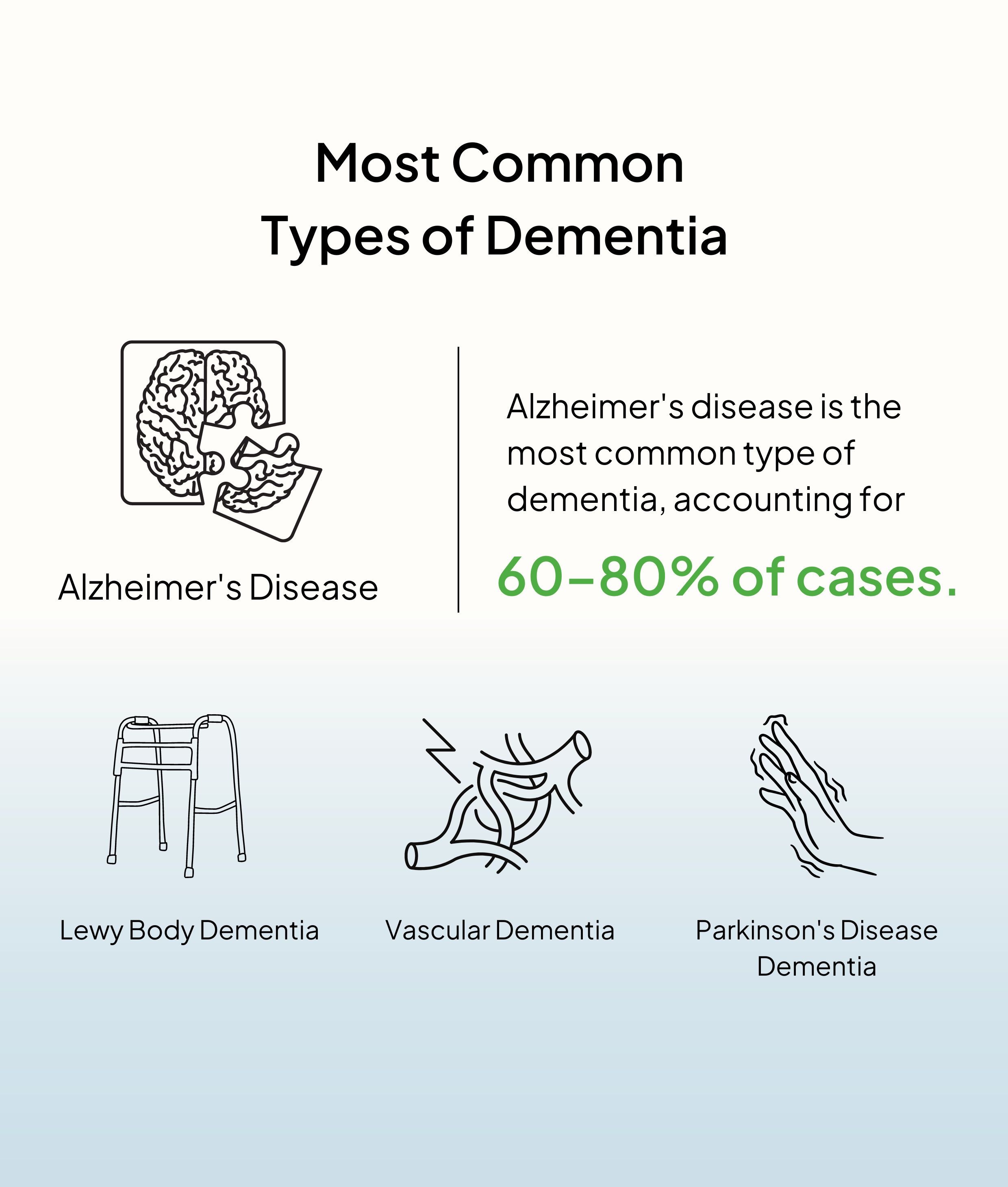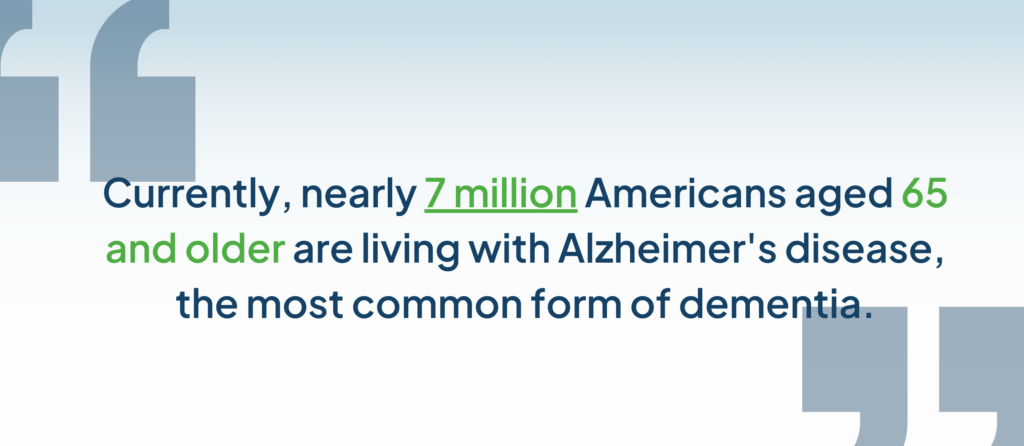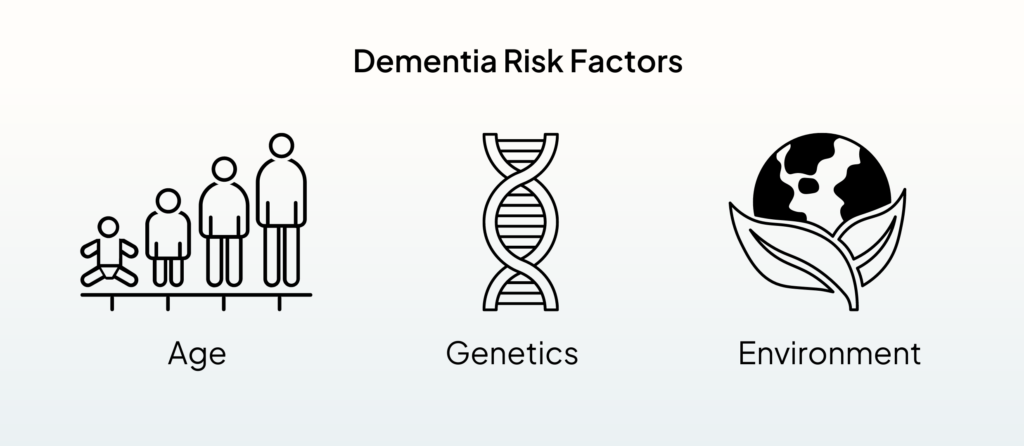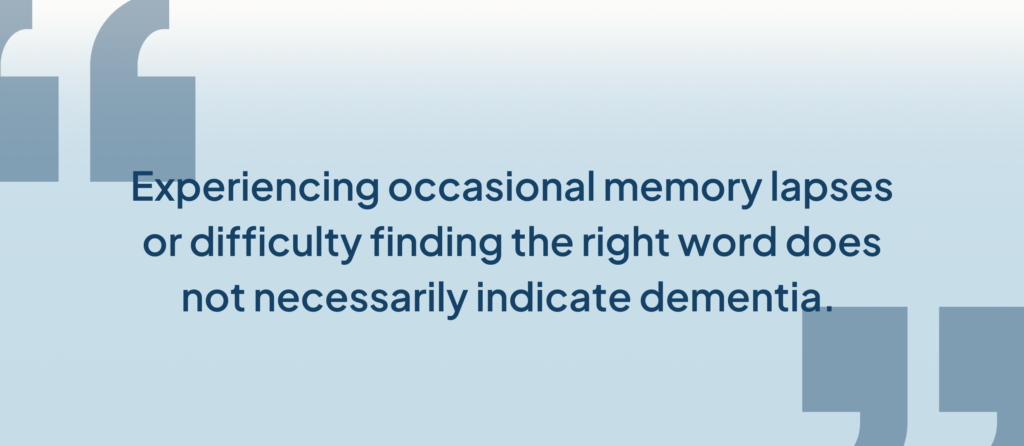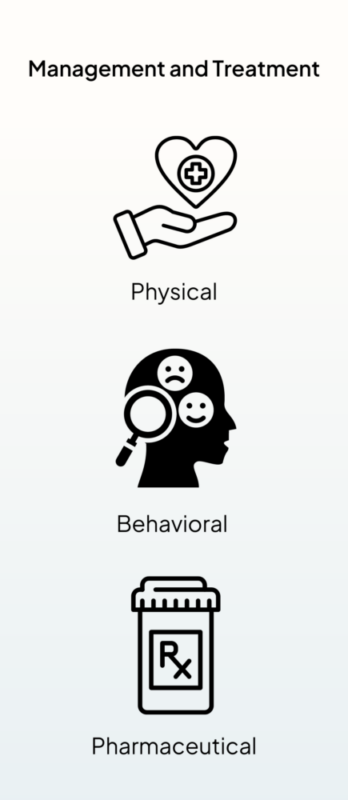Dementia Care Tips for Caregivers
Receiving a dementia diagnosis can be one of the hardest, most emotional experiences — not only for the individual, but also their loved ones.
By learning more about the various types of dementia, how it progresses over time, and coping techniques, you can help your loved one receive the right care and improve their quality of life. Talking to doctors and joining support groups can also help caregivers feel understood.
Taking care of someone with dementia requires a lot of patience, love, and planning. Establishing a routine can help them feel more secure and less confused. When you talk to your loved one with dementia, use simple words, maintain eye contact, and be patient when they need time to answer. Doing things they enjoy can make them feel happier and help keep their brain active. Making sure they can easily move around in their home is also critical to ensure their safety.
Planning for the Future
It’s important to prepare for what your loved one will need as their dementia progresses. Even though it might seem overwhelming, financial planning is critical for your loved one living with dementia. This means making sure important documents and decisions, like a healthcare proxy, are in place. Planning will not only help prevent problems later, but also ensure your loved one’s wishes are honored. It’s also important to talk to your loved one about their living plans in the future, which can help make any potential changes easier when it’s time.
When Is It Time to Get Help at Home?
Deciding when to seek extra help at home for your loved one with dementia can be a complicated and emotional decision. As dementia progresses, it can be hard for family members to give all the care that’s needed for their loved one impacted by the condition. If you are noticing some of these signs, it might be time to seek extra help for your loved one with dementia:
- Losing weight
- Frequent falls
- Wandering off and/or getting lost
- Significantly experiencing more forgetfulness
- Having trouble with everyday tasks, like bathing or getting dressed
Getting a professional to come help at home can make a big difference. They can keep your loved one company, help with medical needs, and give caregivers and family a break when they need it.
When Is It Time for a Higher Level of Dementia Care?
Sometimes, families must make a bigger decision about moving their loved one to a memory care facility. They might notice dangerous patterns, like their loved one forgetting to turn off the stove or getting lost when they go out. If your loved one starts acting differently, experiencing extreme mood swings, or if they need a lot more help than the family can give, it might be time to consider memory care. Memory care facilities make sure people with dementia are safe and supported while lessening the burden on caregivers and families.
When you’re looking for a dementia care community, put time into your research. Think about your loved one’s needs and interests. Look for memory care communities near you and schedule tours at properties that might be a fit for your loved one. Assess safety, building cleanliness, and most importantly, the friendliness of staff. You want to choose a community with staff who are not only experienced in dementia care, but will treat your loved one with warmth and empathy. Taking these steps will help you make the right decision for your loved one — so they can receive the care they need and be happy.
Contact CareOne to learn more about dementia care.

